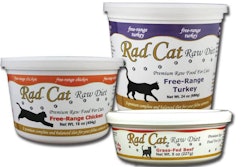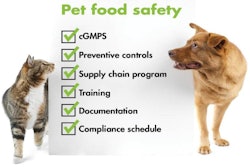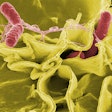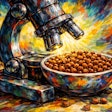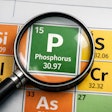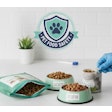
Over 26 years, scientists observed as the sperm quality of stud dogs decreased significantly. Certain chemicals found in commercial dog foods may be partly responsible for the decline, suggested the researchers in the journal Nature’s Scientific Reports.
Declining sperm movement
Every year from 1988 to 2014, sperm was collected from five breeds, Labrador retriever, golden retriever, curly coat retriever, border collie and German shepherd, as part of an assistance dog breeding program. The number of studs varied between 42 and 97 per year.
Between 1988 and 1998, sperm motility dropped 2.5 percent per year. The dogs with the lowest semen quality then were removed from the program, yet average sperm motility still decreased by 1.2 percent per year from 2002 to 2014. What’s more, those dogs also had puppies with a higher rate of cryptorchidism, or the failure of the testicle to descend.
To try and understand what was happening fifteen commercially available dog foods were analyzed by a team of scientists led by Richard Lea, a reproductive biologist at the University of Nottingham’s School of Veterinary Medicine and Science.
Chemicals in dog food
The foods contained diethylhexyl phthalate (DEHP), seven types of polychlorinated biphenyl (PCB) and four types of polybrominated diphenyl ethers (PBDE).
Many of those same chemicals had been found in both the testis of neutered dogs and in sperm from 14 dogs in the breeding program.
Some dog foods contained more of the chemicals than others. One brand of puppy food had higher concentrations of PBDE and four types of PCB relative to the other pet foods tested. One wet dog food had higher concentrations of PBDE and all seven types of PCB than the rest of the brands tested.
Effects of chemicals on sperm
Further experiments with two of these chemicals, PCB153 and DEHP, found that the testicular concentration of the chemicals reduced sperm motility and viability. This effect may be responsible for the decreased quality of stud dogs’ sperm, according to the study’s authors.




